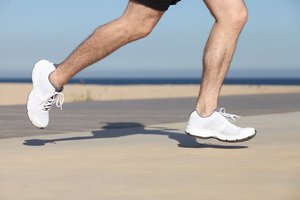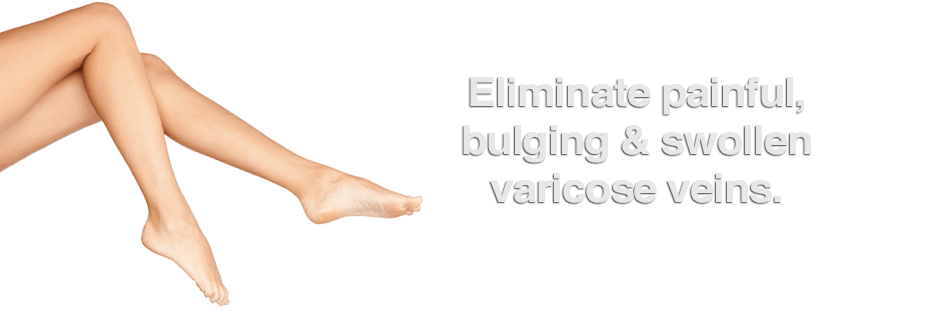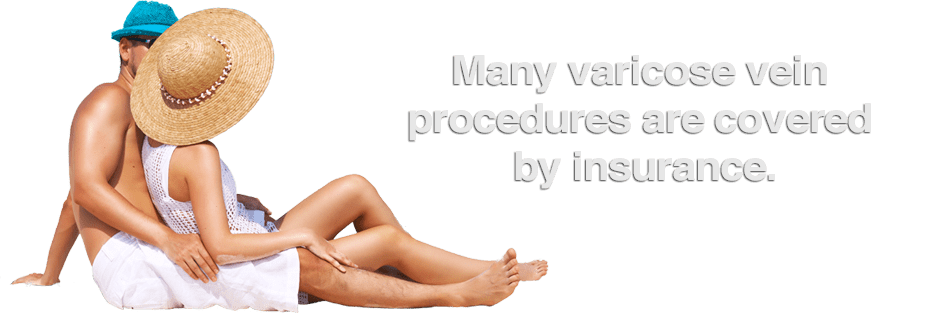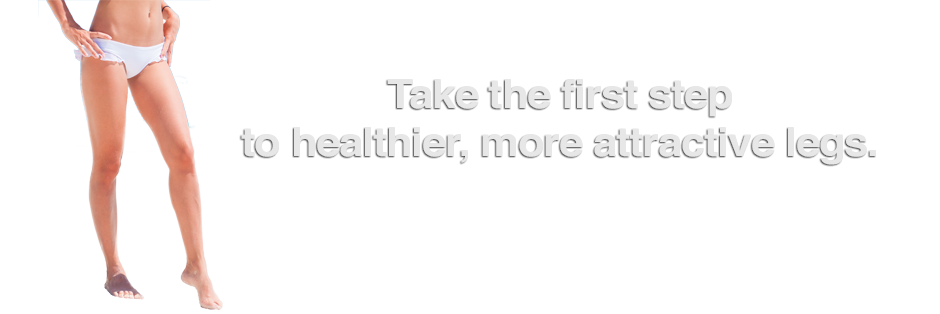
At the Vein Center of Florida and South Baldwin, we are discussing two topics that are especially relevant to our male patients —cardiovascular and vein-specific health. In honor of Men’s Health Month, we thought we should bring attention to a few things to watch out for this month – and every day of the year – because cardiovascular health isn’t simply seasonal. While many of the patients we treat for varicose veins are women, men may also suffer from chronic vein conditions and other vascular abnormalities.
Understanding High-Risk Vein and Cardiovascular Issues
During your consultation with Dr. Jimenez, each patient undergoes a patient specific vein assessment so that each individual has an idea of any existing vein abnormalities and understands what can be done to improve their condition. At The Vein Center of Florida, optimal vein health is our focus. We strive to educate each individual as to potential signals which may indicate that their spider veins and / or varicose veins may actually represent more significant underlying chronic vein insufficiency. Many men ignore or are unaware that their work, lifestyle, and eating habits may be impacting their cardiovascular system negatively. Making modifications to daily activities that increase these risks is certainly advantageous in obtaining a healthy heart and healthy vessels, as they profoundly influence one another.
The heart is the body’s central force, pumping oxygen-rich blood at high pressure through the strongest vessels in the cardiovascular system—the arteries. After the arterial delivery of oxygen throughout the body’s tissues and major organs, the driving force for recycling the blood are the veins. Veins are much more delicate vessels that draw oxygen-poor blood from all areas of the body, relying heavily upon the calf muscles in the legs to push the blood upward. Healthy veins and efficient venous return is essential for healthy legs. Inefficient veins allows for pooling of poorly oxygenated blood in the legs which can lead to additional medical problems such as:
- Chronic Vein Insufficiency (CVI)—this condition affects millions of people all over the world. While it may be more common in women, many men are affected as well. High venous pressures due to increased weight gain, long periods of inactivity, and age, causes stretching and weakening of leg veins which can affect the ability to walk and perform activities comfortably. These side-effects increase over time without treatment. Varicose veins and sometimes spider veins are potential indicators that underlying veins are chronically insufficient. Patients may obtain significant benefit by recognizing these indicators and seeking help from a qualified professional who can offer recommendations for lifestyle changes and treatment.
- Deep Vein Thrombosis (DVT)—DVT occurs based on a variety of factors – lifestyle, genetic predisposition, and years of unaddressed insufficiency. Diseases within the deeper veins are worrisome because this means that the central network of vessels, running along bone and between muscles, are unable to properly contain and mobilize deoxygenated blood. Stagnant blood in these deep veins can cause swelling and intense pooling of blood, resulting in the potential for venous ulcers and inflammation in the legs. In a percentage of patients, a DVT may break free from your vein walls and lodge in the lungs (pulmonary embolism) resulting in catastrophic consequences. This is definitely a worst case scenario, and most patients seek treatment before such an issue occurs, but all are not so lucky.
How to Reduce Your Risk and Improve Your Lifestyle
The American Heart Association estimates that there are over 350,000 cardiac arrest cases in the U.S. alone, and over 80 percent of all sudden cardiac deaths occur in males. Sudden cardiac death means that the heart stops pumping blood without warning, and is one of the conditions that may exhibit no signs in your daily life. Men are in a unique position because of the increase in stressors from social expectations, such as work and finances. Stress levels have reduced slightly over the last year, but it’s important that we take note of increased pressures affecting our physical and mental health connection. The following may improve risks of vascular and cardiac conditions:
- Healthy eating. Choosing colorful fruits and vegetables in addition to lean meats and a diet of healthy fats.
- Increase activity and variation of exercises. By adding a variation of high intensity and low impact exercises to your regimen, you improve vascular flow and strengthen your muscles for vascular support. Increasing cardiovascular exercise influences oxygen intake throughout the body and can lower stress on the heart.
- Breathing exercises and mindful meditation. Take a few moments each day to check in with yourself. If your heart is beating faster than usual, taking a few deep breaths in 30-second intervals in attempt to lower your blood pressure and beats per minute.
- Vascular assessments. These can give you a heads up so that you are more prepared for a vascular issue as soon as it occurs, and can possibly prevent life-threatening conditions. Know your body before problems happen, thereby having a better chance at extending your life.
Know your risk factors and whether or not you need to make changes to feel better, both physically and mentally. Men’s health begins with awareness – that means you need to pay attention to the signals your body is sending. Call Vein Center of Florida at 800-910-VEIN today to schedule your vein analysis with Dr. Jimenez.




